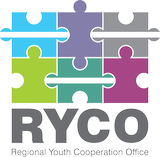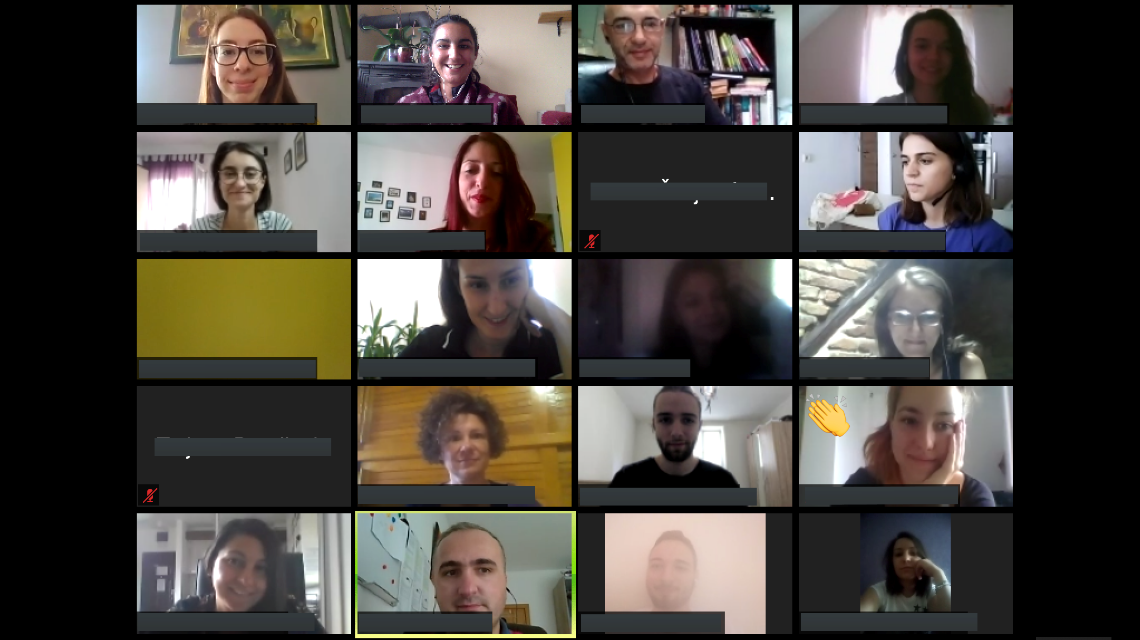BELGRADE – RYCO Local Branch Office in Serbia, in cooperation with the OSCE Mission to Serbia organized a five-day capacity building training that gathered over twenty representatives of civil society organizations from Serbia.
The online training took place from 23 to 29 September and was conceptualized in a digital format to strengthen project design development in the areas of youth mobility, cooperation, activism and intercultural learning.
Participants had the opportunity to take an active part and discuss various project elements from needs analysis, goals defining, activities and innovative methodology, to safety, partnerships and evaluation standards. They were also provided with mentorship sessions to not only learn new concepts but to also learn by doing.
During the training, Head of the RYCO Local Branch Office in Serbia Ms Marija Bulat highlighted that potential applicants of the fourth RYCO Open Call will benefit from making use of more digital opportunities for online project implementation, and recommended SEEYN Digi Youth database which collects various digital tools for online youth work.
“In response to the ongoing pandemics and uncertainties, we recognize the importance of discussing online learning concepts, the use of digital tools and the successful implementation of youth exchange in the region even in an online format,” Ms Bulat emphasized.
Speaking about the importance of capacity building training on youth work, the OSCE Mission to Serbia Youth Focal Point Ms Milena Stošić highlighted the need for activities that connect youth and organizations around similar aspirations that advance regional youth cooperation.
“Peer to peer exchange and group work, homework and joint exercises, enable another layer of experience and learning, including inter-generational ones when participants belong to different age cohorts,” Ms Stošić added.
In addition to training and mentorship sessions, participants also joined an online discussion on 29 September, titled “Youth exchanges – Beyond Travelling and Fun’’, which dealt with mobility projects focused on intercultural learning, dealing with the past and reconciliation.
The online capacity building training was concluded on 30 September with comprehensive feedback sessions for the participants on project design and implementation.



